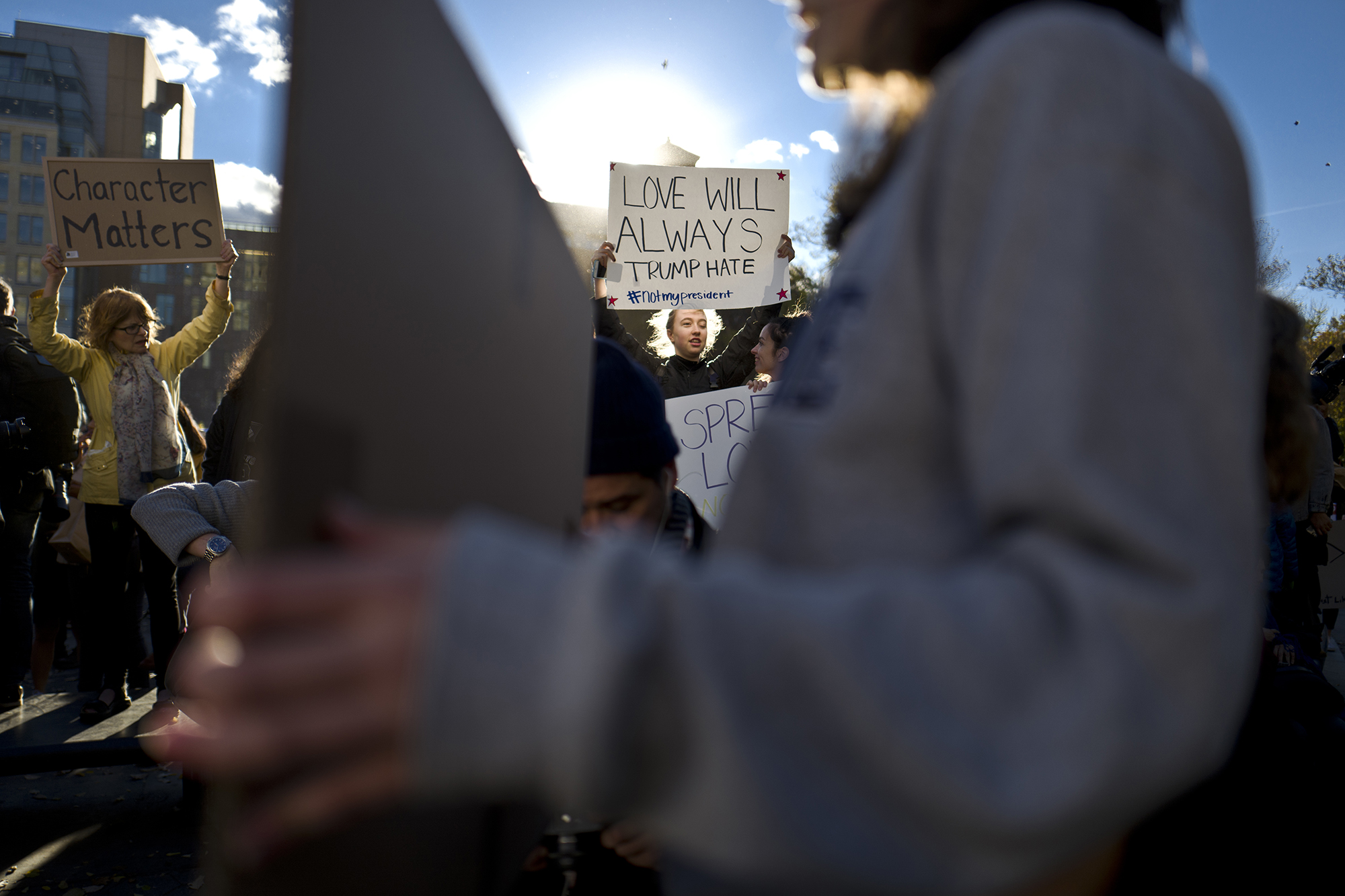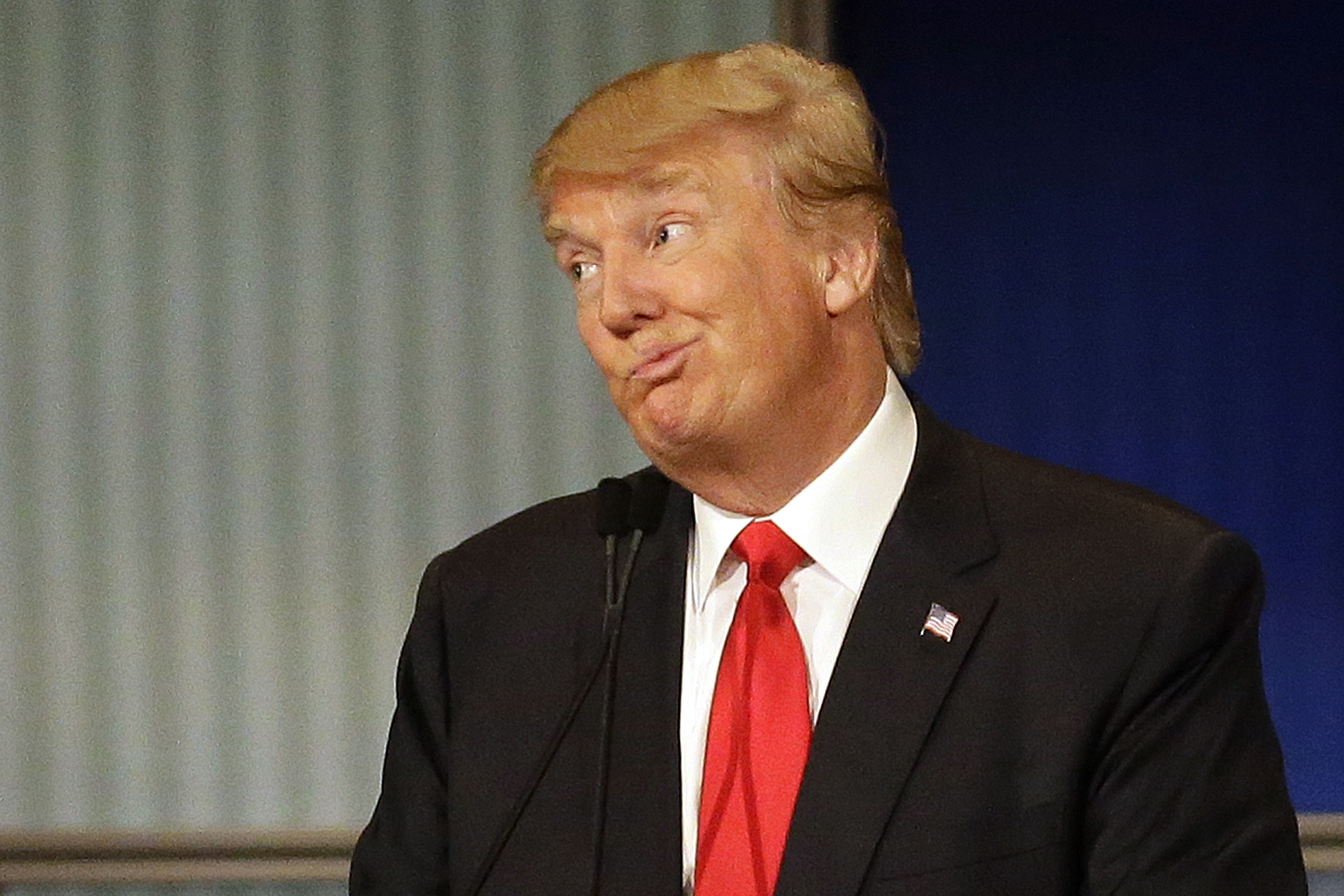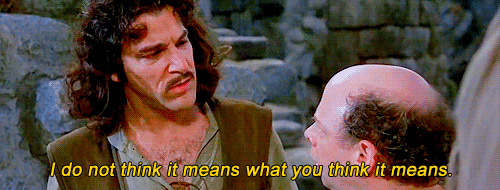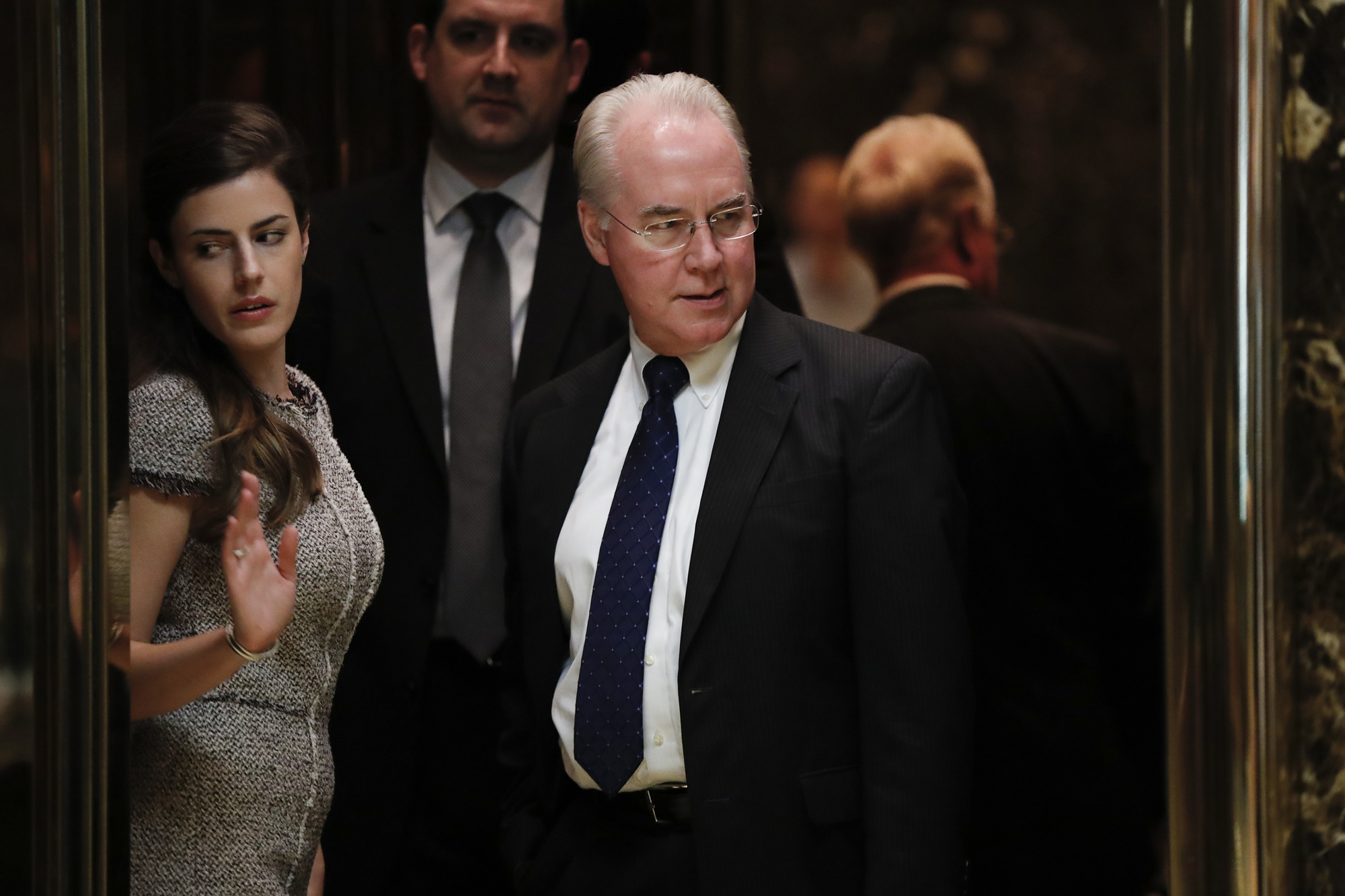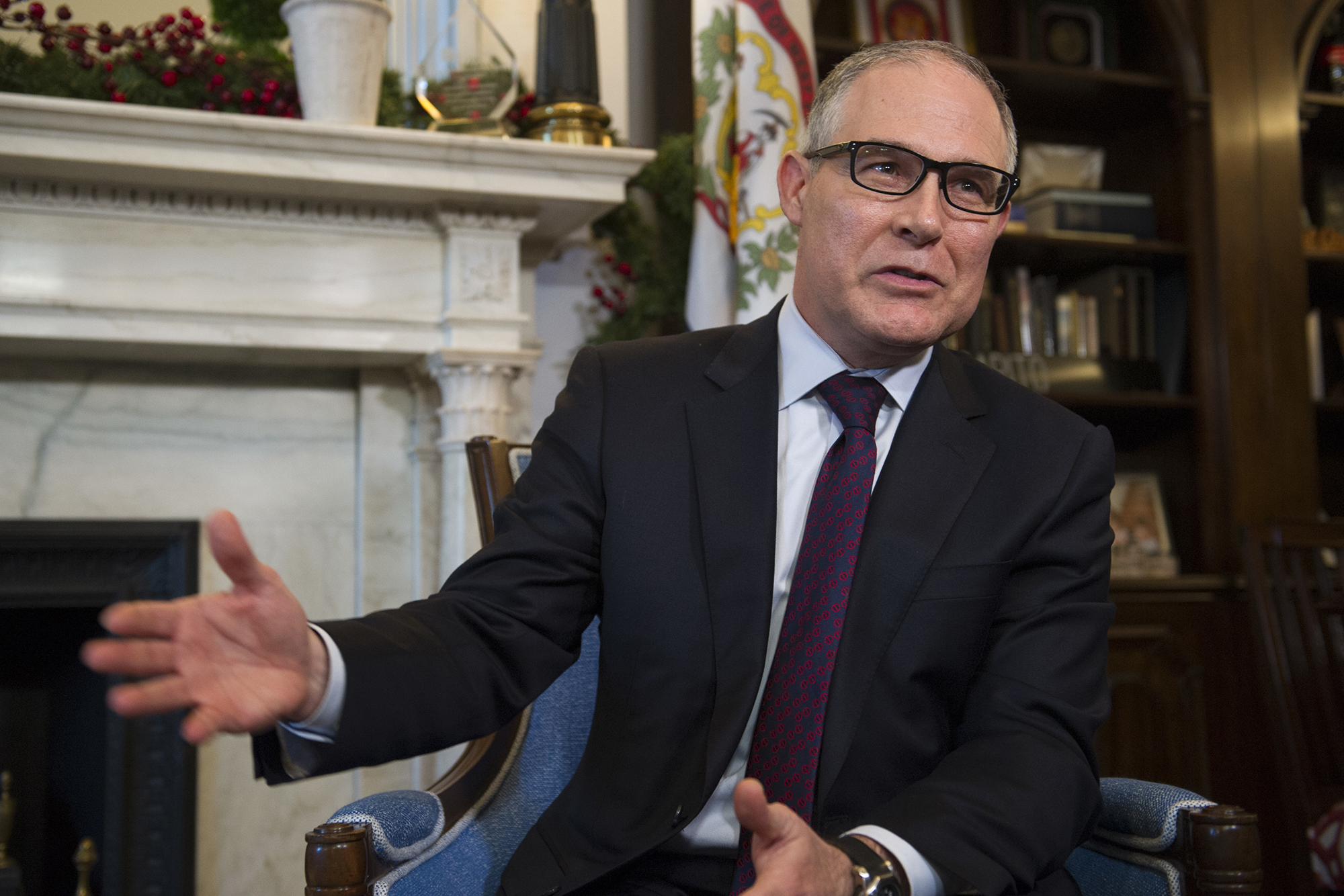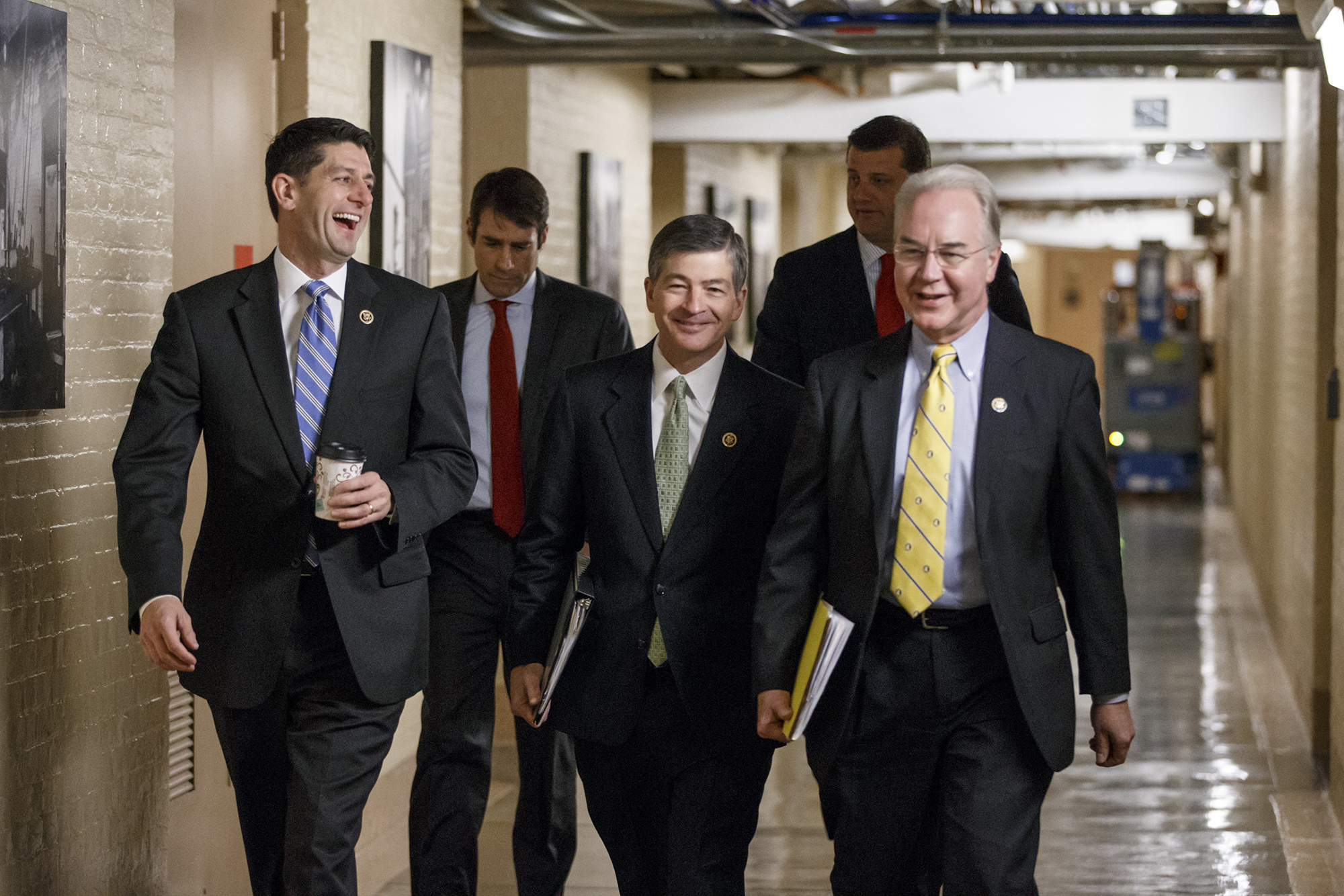Every day since November 9, my phone has buzzed nonstop. Friends, old roommates, someone I met once at a poetry reading—they were all planning to come to DC for the Women’s March. Knowing that I’m surrounded by so many dedicated people makes me excited for the history I am about to be a part of.
I participated in the Occupy movement and I took to the streets with Black Lives Matter, but this feels different to me. It feels different because it’s about women—and because we are standing up against a demagogue and saying, “This is not the America we believe in.”
It feels like solidarity.
Get TalkPoverty In Your Inbox
Not everyone feels this way. Many people were upset that the original name—Million Women March—was taken from the labors of black men and women fighting for civil rights, and early attempts by activists to make the march more inclusive of people of color were met with backlash from organizers. The name has since been changed, and the members of the committee were shown to be diverse and inclusive, but many people—women of color who were originally sidelined, and white women who are struggling with an intersectional platform that is unfamiliar to them—are still frustrated.
As a white woman, I know I have much less at risk over the next four years than many women. Women of color, or in the LGBTQ community, or who have disabilities, or women who are Muslim—they are all much more vulnerable than I can even imagine.
That is exactly why I think we need this march.
We need this march to come together first and foremost as women. We need to show our willingness to defy injustice and stand up for the values we believe in—whether it’s control over our reproductive choices, whether we marry and who we marry, fair wages, and equal opportunity. We need to come together for ourselves, our country, and the watching world.
Will this march stop conservatives from defunding Planned Parenthood? Maybe, but probably not. Will this march stop the repeal of the Affordable Care Act, which provides contraceptive coverage for millions of women? Maybe, but probably not. Will this march protect Violence Against Women grants, which President Trump wants to defund? Maybe, but probably not. Will this march stop the parade of dubious and corrupt cabinet picks from being confirmed? Maybe, but probably not. Will this march stop President Trump from spewing hateful and dishonest rhetoric? Almost definitely not.
But that’s not what this march is for. This march will awaken something in the people who participate, not just in DC, but in the more than 600 participating towns and cities around the world. This act of resistance will seep into our bones, and help us to march on, together, in the days ahead.


